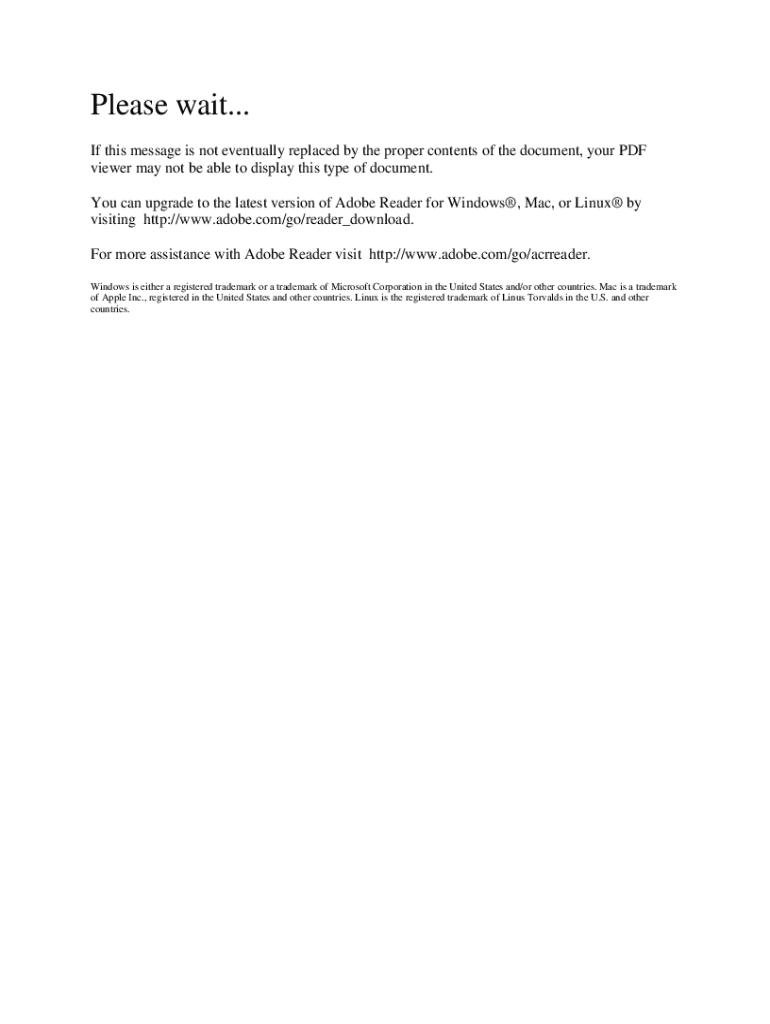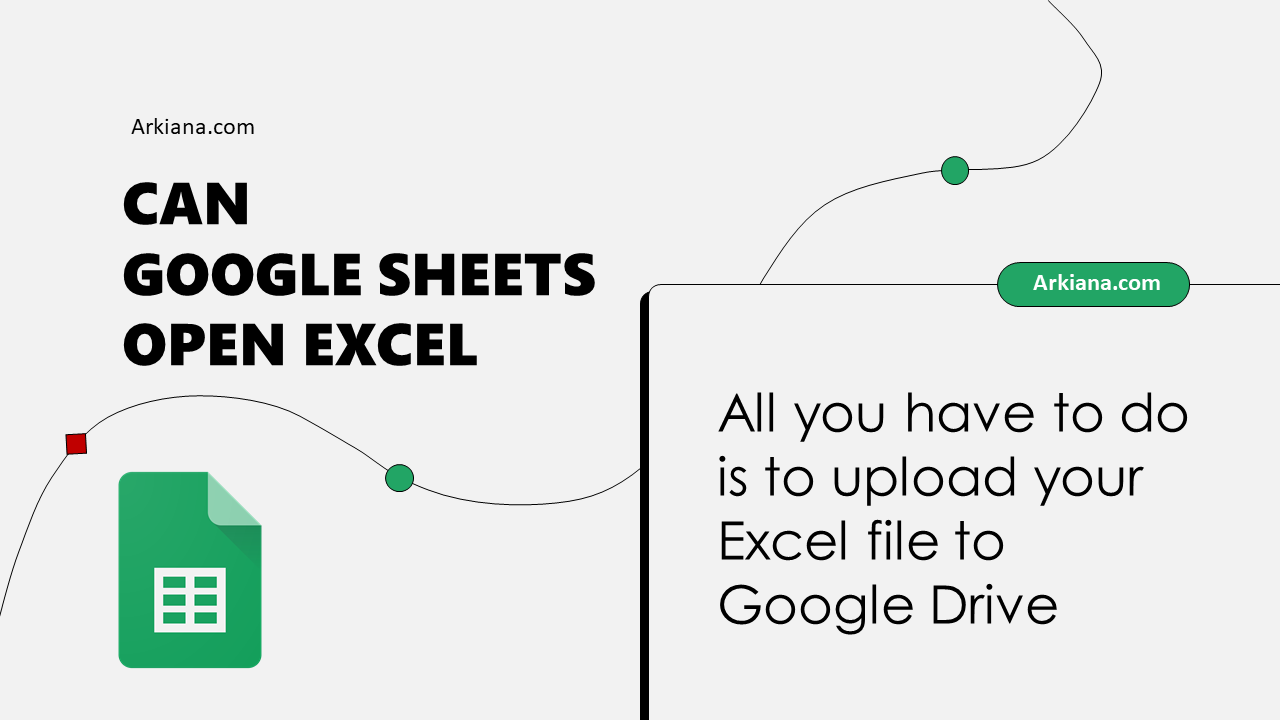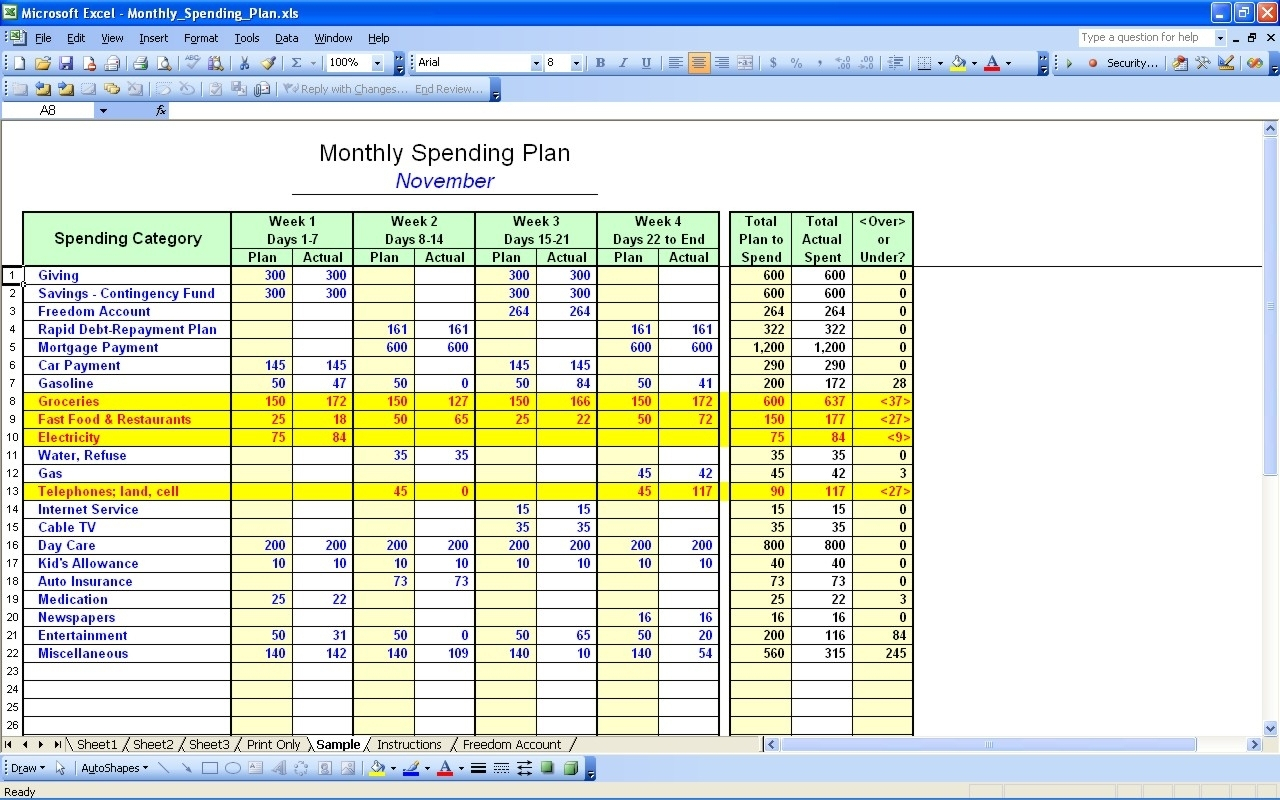Who Files FMLA Paperwork? Clarity Inside

When an employee needs to take time off for health reasons or family issues, the Family and Medical Leave Act (FMLA) comes into play. This act provides eligible employees with up to 12 weeks of unpaid, job-protected leave in a 12-month period for various reasons like the birth of a child, adoption or foster care placement of a child, serious health conditions, or to care for a spouse, child, or parent with a serious health condition. However, one might wonder, who is responsible for filing the FMLA paperwork? Here's a detailed breakdown:
Understanding FMLA

Before delving into who files the paperwork, let’s understand the FMLA:
- Purpose: To provide employees with time off to attend to family or medical needs.
- Eligibility: Employees must have worked for their employer for at least 12 months and have clocked at least 1,250 hours over the last 12 months.
- Leave Reasons: Birth, adoption, foster care, personal or family serious health conditions, or military-related reasons.
Who Files the FMLA Paperwork?

Here’s a step-by-step look at the process of filing FMLA paperwork:
-
Employee Initiates the Request

The process starts with the employee. If an employee needs leave, they must:
- Notify their employer of their need for FMLA leave, if foreseeable, at least 30 days in advance.
- If the need for leave is unexpected, the employee should notify the employer as soon as practicable.
- Submit the request in writing, which could be through HR or their immediate supervisor.
-
Employer Provides Notice and Forms

The employer’s role includes:
- Providing the employee with written notice detailing their rights and obligations under the FMLA.
- Furnishing the necessary forms, which include:
- Certification of Health Care Provider
- Designation Notice
-
Employee Submits Medical Certification

The employee must:
- Obtain medical certification if the leave is due to a serious health condition or to care for a family member.
- Fill out the certification form provided by the employer and have it completed by the appropriate healthcare provider.
-
Employer Reviews and Approves

After receiving the certification:
- The employer reviews the submitted information.
- They must inform the employee of approval or reasons for denial in writing within 5 business days.
- If approved, they issue the employee a designation notice stating the leave has been designated as FMLA leave.
-
Employee Follows Up

Employees are responsible for:
- Providing any additional required information or updates as their situation changes.
- Adhering to the employer’s policies for requesting leave or providing medical updates.
Important Considerations

- Employer’s Role: While the employer provides forms, it’s the employee’s responsibility to initiate the process.
- Timeliness: Employees must be timely in submitting their requests and certifications to ensure their leave is properly recorded.
- Intermittent Leave: Employees might need to file new forms or update existing ones if they require intermittent leave.
⚠️ Note: Failing to follow the employer's guidelines for FMLA paperwork can result in delays or the leave not being designated under FMLA, potentially affecting job protection.
Overall, while the employer provides the framework and forms, the employee initiates and follows through with the FMLA paperwork process. Employers play a crucial role in guiding employees through the process, ensuring all rights are communicated, and approving or denying the leave. The employee's diligence in submitting necessary paperwork and adhering to company policies is critical for a smooth FMLA leave process.
Can an employee file for FMLA without notifying their employer?

+
No, employees must notify their employer of their need for FMLA leave as soon as practicable. Failure to do so could result in the leave not being covered under FMLA.
What if an employee cannot get their doctor to complete the certification in time?

+
Employees should communicate with their employer about any delays in obtaining certification. Employers might offer a reasonable extension, but it’s always best to try and meet the standard deadlines.
Does an employer have to accept all FMLA certifications?

+
Employers can request additional information if they doubt the validity of the certification or if it lacks essential details. However, they cannot outright reject a properly completed certification without reason.



